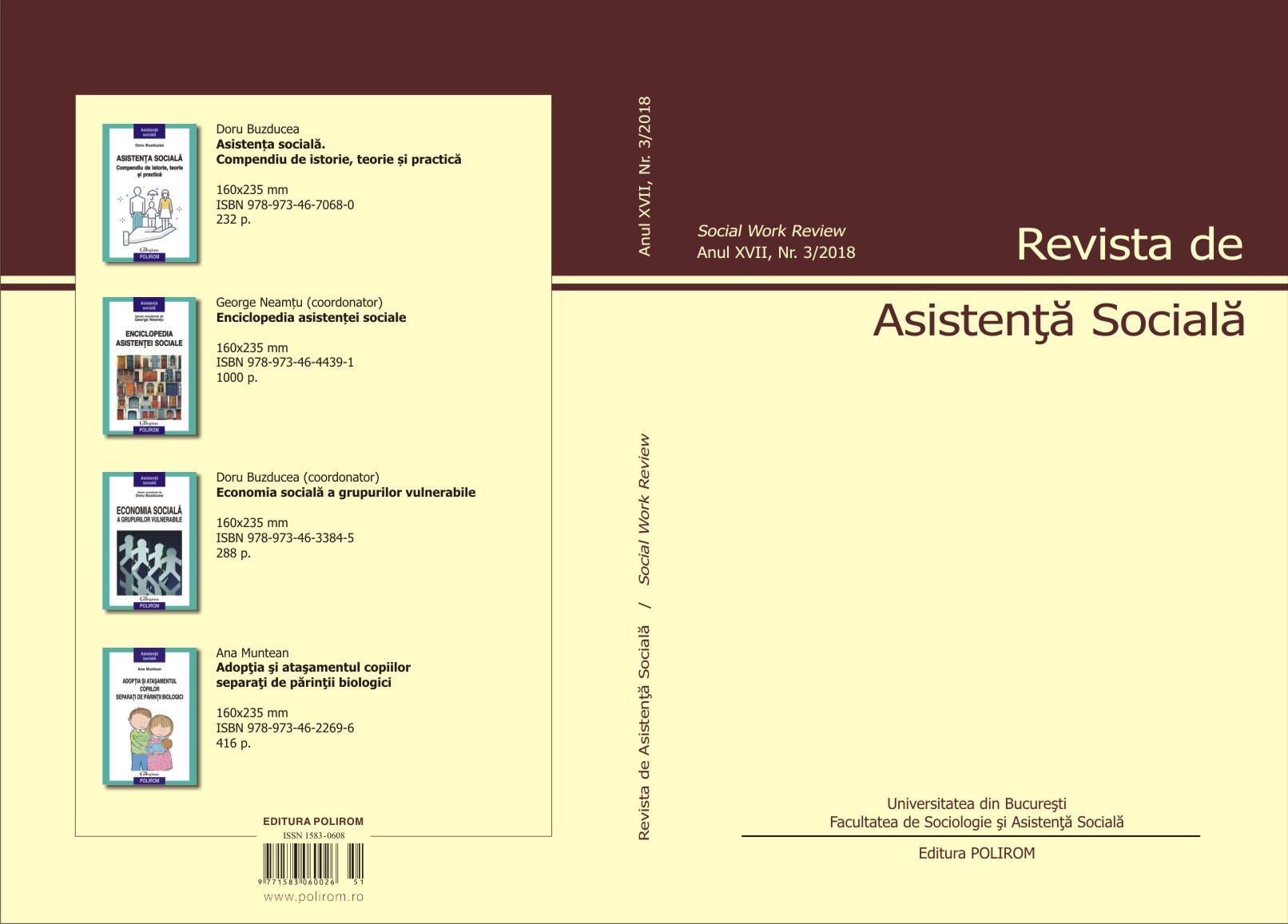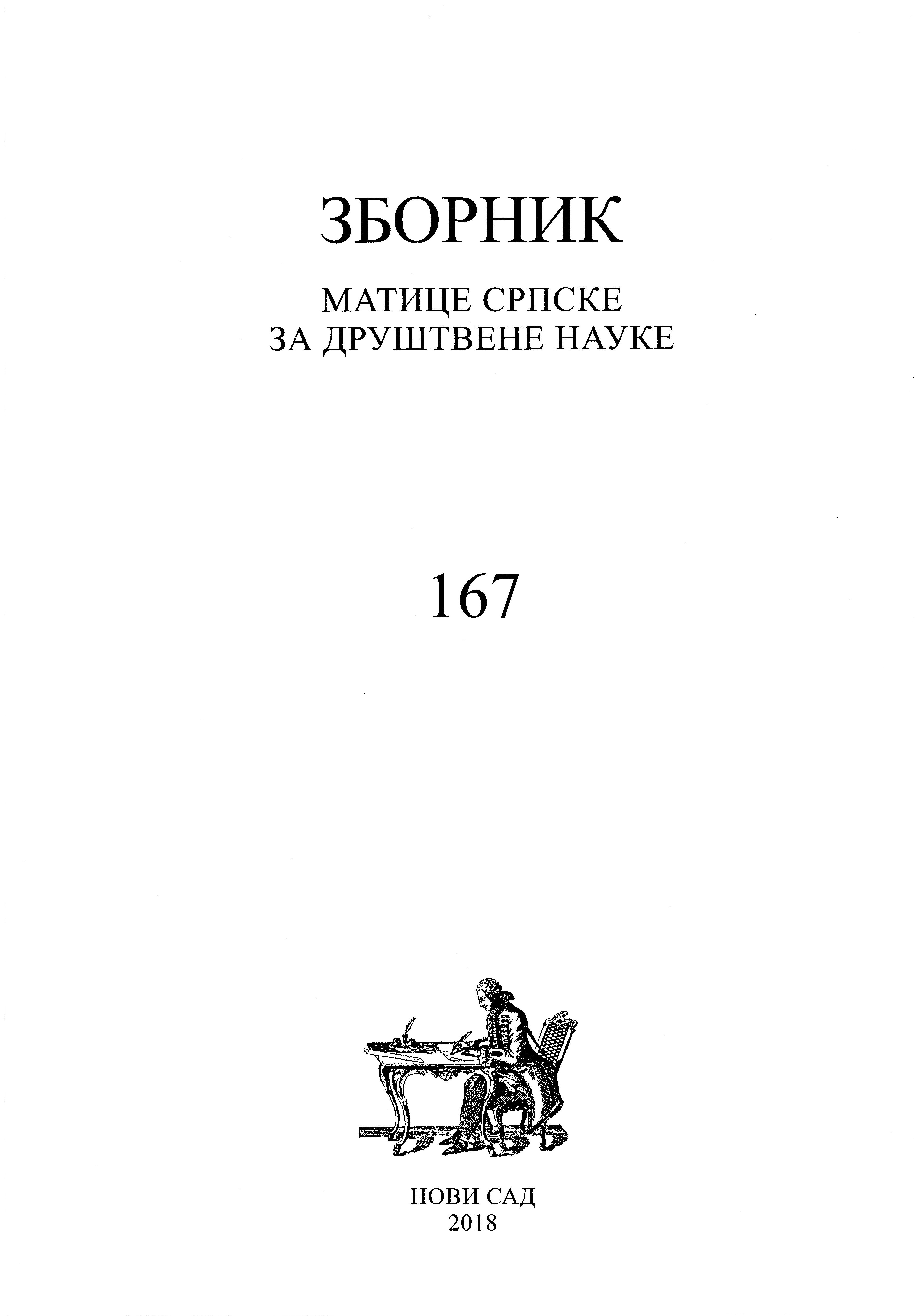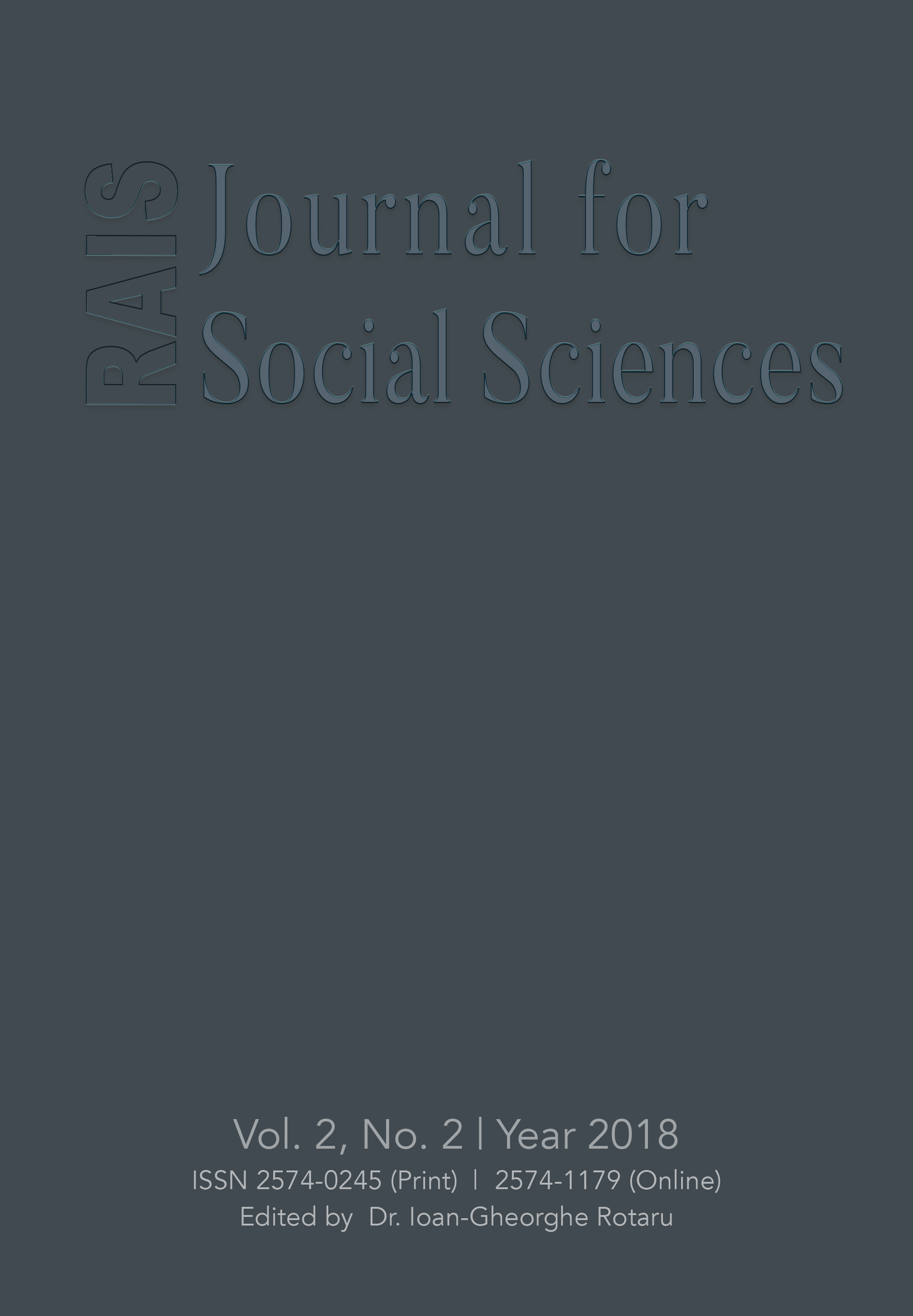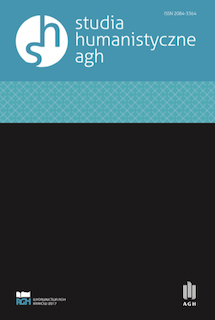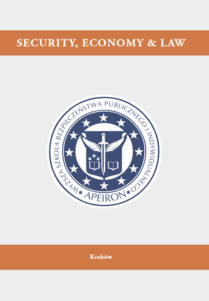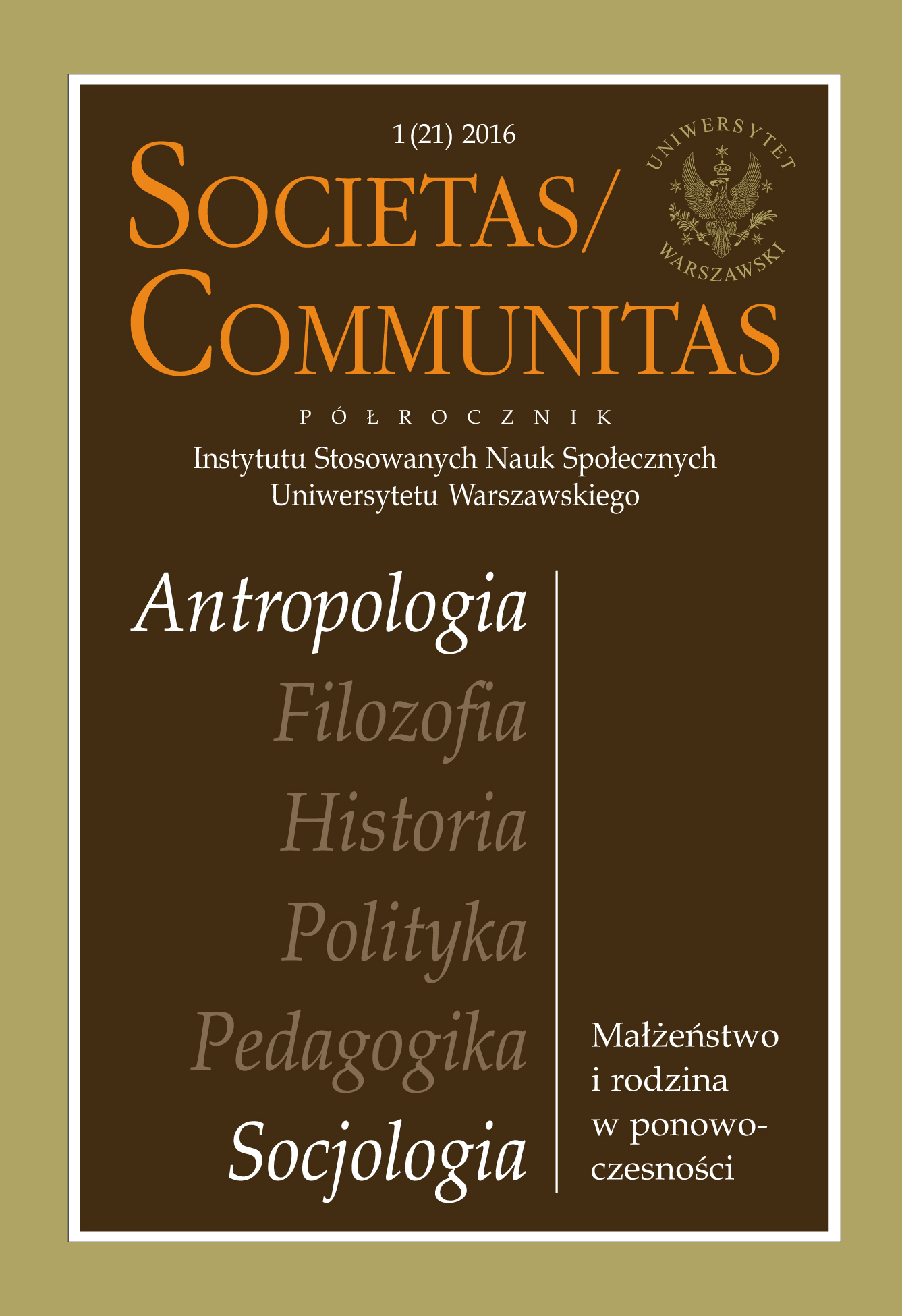
Rodzina jako stała i zmieniająca się forma życia – siła więzi rodzinnych
Rodzina była zawsze umieszczana w strukturze społeczeństwa. Przez wiele lat jej zasadniczym rysem była hierarchiczność pozycji i specjalizacja ról wyznaczana płcią. Przeobrażenia życia społecznego zburzyły ten obraz. Co to oznacza dla rodziny i dla jednostek?. Czy rodzina jest tak ważna jak poprzednio? Jak bardzo zmienia się model rodziny? Nie ma jednego dominującego modelu realizacji ról w polskich rodzinach. Badania potwierdzają, ze rodzina jest wysoko ceniona przez młodych i starszych. Jest wskazywana jako źródło wsparcia i pomocy. Rodzina jest powiązana z sukcesem życiowym i przepływami między pokoleniami. Jednak nikt nie kwestionuje faktu, że rodzina się zmienia
More...
